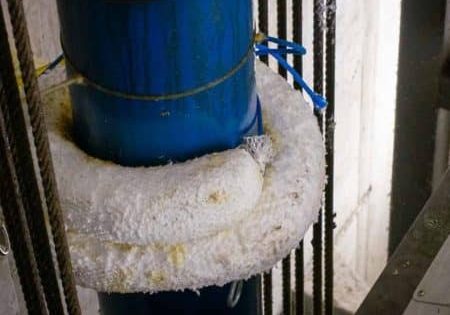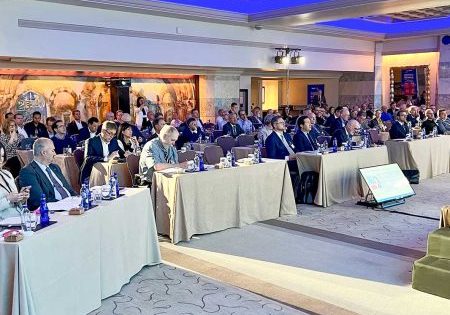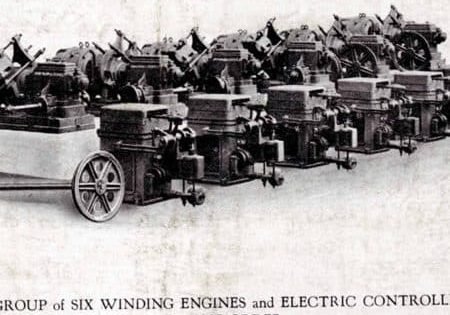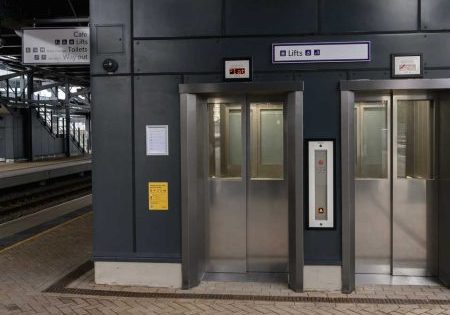Collateral Warranty v Construction Contract
Sep 3, 2024
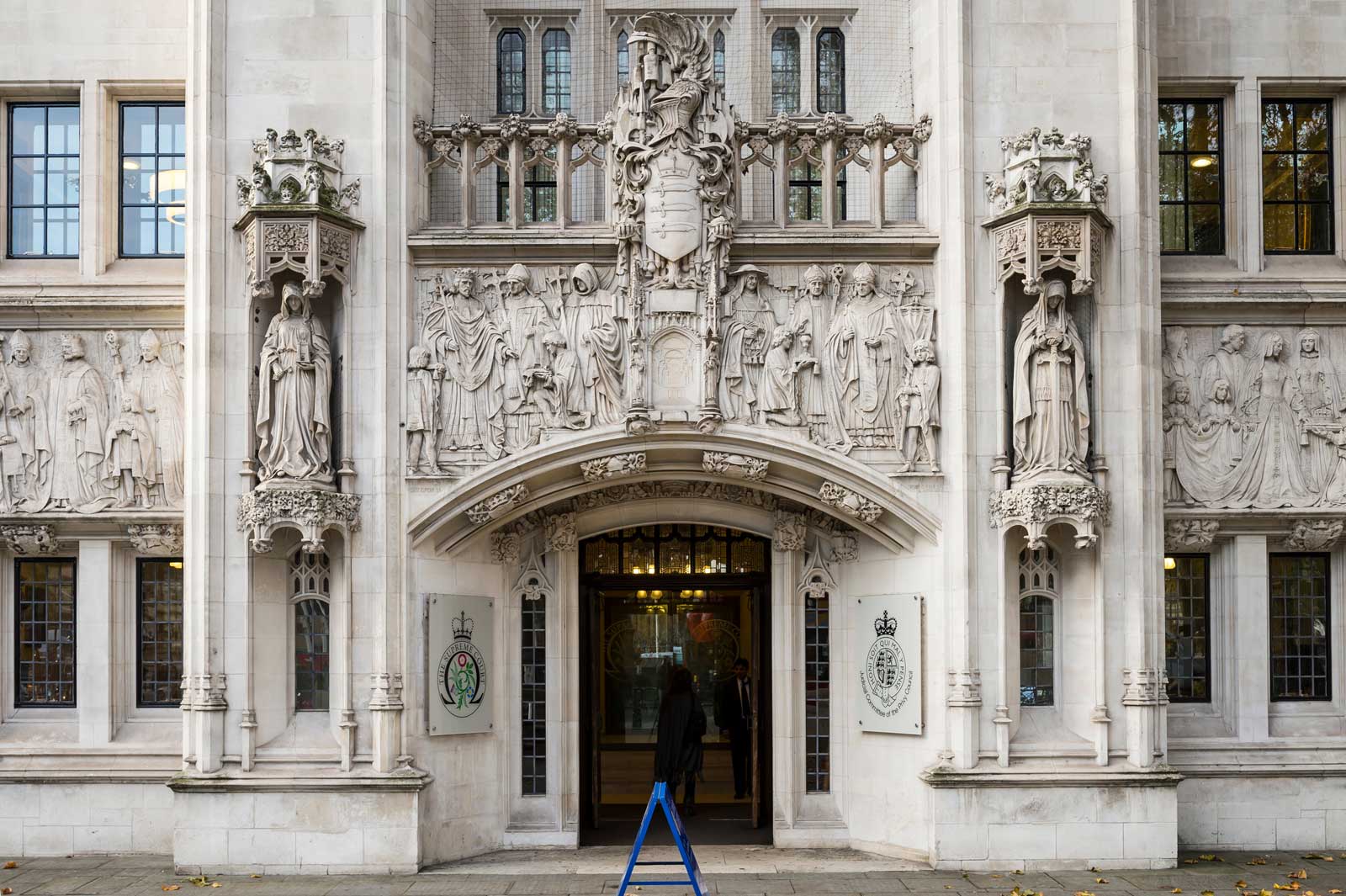
U.K. Supreme Court confirms that a collateral warranty is not a construction contract.
In Abbey Healthcare (Mill Hill) Ltd. (“Abbey”) v Augusta 2008 LLP (formerly Simply Construct (UK) LLP) (“Simply”) [2024] UKSC 23, the Supreme Court provided some much-needed clarity as to whether a collateral warranty is a construction contract for the purposes of the Housing Grants, Construction and Regeneration Act 1996 (the “Act”). The key issue being considered was whether a collateral warranty given by Simply to Abbey was a construction contract for the purposes of section 104(1) of the Act, thereby giving Abbey a statutory right to adjudicate.
Key Takeaways
In light of this unanimous judgment, the vast majority of collateral warranties will not be construction contracts for the purposes of section 104(1) of the Act.
If you want to be able to adjudicate under a collateral warranty, you should provide an express written provision in the collateral warranty.
Background
The underlying dispute between Abbey and Simply related to fire safety defects at a care home in London, constructed by Simply. Abbey was the tenant and operator of the care home. Simply had provided Abbey with a collateral warranty in which it warranted (amongst other things) that it had “performed and will continue to perform diligently its obligations” under the relevant building contract.
The Adjudication
Abbey subsequently adjudicated against Simply in relation to certain costs associated with the fire safety defects. Simply challenged the jurisdiction of the adjudicator (on the grounds that the collateral warranty it had provided to Abbey was not a construction contract for the purposes of section 104(1) of the Act). However, the adjudication proceeded (the Adjudicator gave a non-binding ruling on jurisdiction, rejecting Simply’s challenge), and by a decision dated 30 April 2021, the Adjudicator awarded Abbey c.£870,000.00 (the “Decision”). Simply Construct failed to comply with the Decision and Abbey subsequently issued enforcement proceedings in the Technology and Construction Court.
The Proceedings
The initial (first instance) Judge held that the collateral warranty that had been provided to Abbey was not a construction contract for the purposes of section 104(1) of the Act, meaning that Abbey did not have a right to adjudicate the dispute and the Adjudicator therefore lacked jurisdiction. Abbey appealed. The Court of Appeal, by a majority, found that the collateral warranty that had been provided to Abbey was a construction contract for the purposes of section 104(1) of the Act. Simply appealed.
The Supreme Court’s Decision
The Supreme Court unanimously allowed the appeal. It was held that the collateral warranty that had been provided to Abbey was not a construction contract for the purposes of section 104(1) of the Act. The reasoning included the following:
A collateral warranty where the contractor is merely warranting its performance of obligations owed to the employer under a building contract, will not be an agreement for the carrying out of construction operations. This is, by far, the most common form of collateral warranty.
Indeed, in this instance, Simply had merely promised to Abbey that it “has performed and will continue to perform” its obligations under the building contract in question. This was an entirely derivative promise and did not, in itself, give rise to any construction operation.
Whilst a collateral warranty can be an agreement “for the carrying out of construction operations,” it must be an agreement by which the contractor undertakes a contractual obligation to the beneficiary to carry out construction operations, separate and distinct from the contractor’s obligation to do so under the building contract. This type of collateral warranty is fairly rare.
The Supreme Court decision provides welcome clarity and means that most collateral warranties will not be regarded as construction contracts for the purposes of section 104(1) of the Act.
Analysis
The Supreme Court decision provides welcome clarity and means that most collateral warranties will not be regarded as construction contracts for the purposes of section 104(1) of the Act.
If the parties to a collateral warranty want to be able to adjudicate any dispute(s) that may arise, they should provide an express written adjudication provision in the collateral warranty.
This article contains information of general interest about current legal issues but does not provide legal advice. It is prepared for the general information of our clients and other interested parties. This article should not be relied upon in any specific situation without appropriate legal advice. If you require legal advice on any of the issues raised in this article, please contact one of our specialist construction lawyers. © Hawkswell Kilvington Ltd. 2024
Get more of Elevator World. Sign up for our free e-newsletter.


